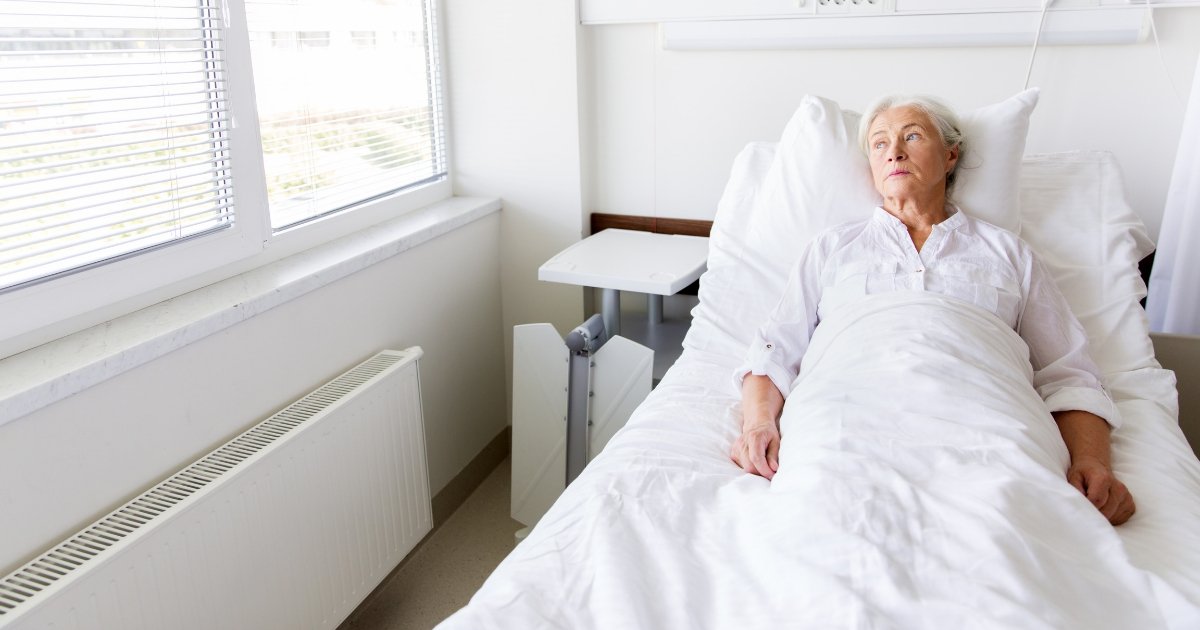Understanding Huntington's Disease
Psychiatric Effects Of Huntington's Disease

Huntington's disease patients may experience symptoms of mental illness like social withdrawal and isolation, feelings of sadness or irritability, depression, insomnia, lethargy, fatigue, thoughts of death and suicide, delusions, hallucinations, and anxiety. Such psychiatric symptoms are often experienced as the most distressing aspect of the disease. Hospitalization is sometimes required. Some typical behavioral changes include bipolar disorder and obsessive-compulsive disorder, which are largely the result of the impact of the disease on the brain's neurons. Treatment includes medication to help manage psychiatric symptoms and doctors recommend that a patient's treatment plan along with their goals be regularly reviewed and updated.
Huntington's Disease Complications

After Huntington's disease starts, a patient's ability to function progressively worsens. The rate of duration and progression varies from patient to patient. From the disease's emergence to a person's death is a rate of around ten to thirty years. When the diagnosis is juvenile Huntington's disease, death usually occurs within ten years of the first symptom manifestation. Since many Huntington's patients have clinical depression or bipolar disorder, there's a higher risk of suicide.
There's research indicating the greatest suicide risk occurs prior to diagnosis and in the middle stages of the condition when patients are starting to lose their independence. Individuals with Huntington's disease eventually need help with all day-to-day care and living activities. In the late stages, patients tend to be confined to bed and unable to speak. Death is commonly caused by injuries related to falls, pneumonia, other infections, or complications due to trouble with swallowing.
